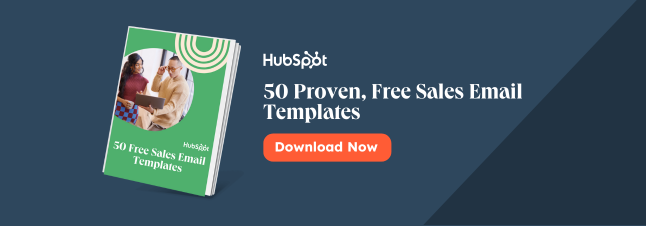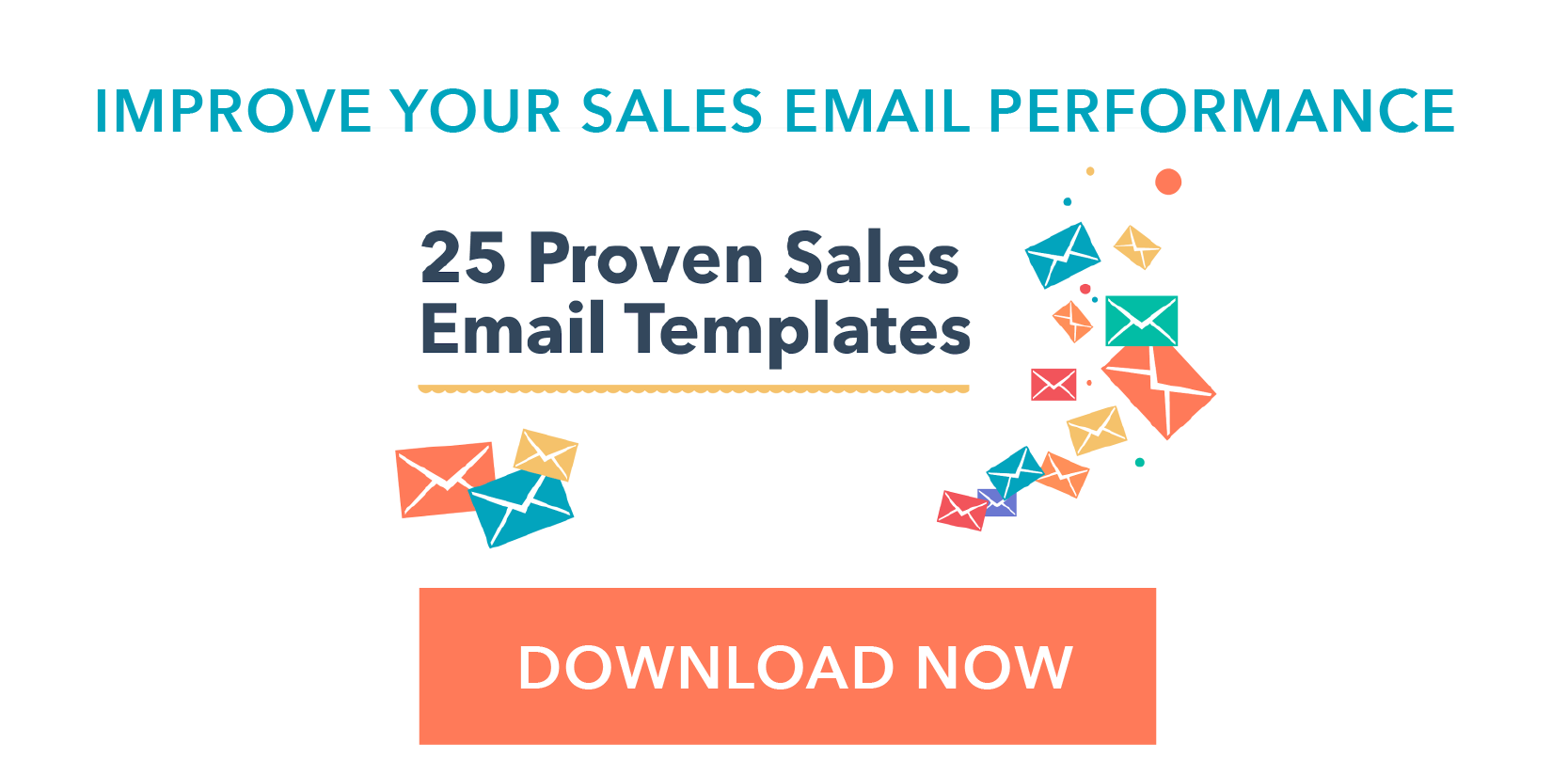Your sales process is only as strong as yourcommunication skills. Prospects receive so much outreach from salespeople, it's important to keep your messaging fresh and eye-catching.
![Download Now: 25 Proven Sales Email Templates [Free Access]](https://no-cache.hubspot.com/cta/default/53/be67aa79-8dbe-4938-8256-fdf195247a9c.png)
One way to achieve this is to swap tired, meaningless phrases like, "I am looking forward to hearing from you," with more actionable requests like, "I appreciate your quick response."
You'll stand out from the competition, increase your chances of eliciting a response, and ensure you move more deals along quickly.
"I look forward to hearing from you" is a common email sign-off. While this sign-off conveys familiarity and warm sentiment, it isn't always appropriate because it can convey the wrong message. In this context, the sign-off could be perceived as passive-aggressively demanding a response, it could be easily forgotten or ignored without clear directives, and it leaves you (the sender) in the position of waiting to hear from them to make your next move.
如果你等待一个同事或连接get back to you, you might consider using one of the following "I look forward to hearing from you" alternatives. Instead, we suggest using one of the following alternatives to better convey your request, ideal timeframe, and steps both you and the recipient can take to work more expeditiously via email.
1. "Could you return all proposal feedback by Friday?"
Giving your prospects a deadline to meet takes the guesswork out of your timeline. You've removed your prospect's tendency to star an email for later or think, "I'll get to that next week." Instead, you've stated your expectations up front and given them a direct goal to meet.
If your deadline's flexible, you might add, "Does this timeline meet your expectations?" This allows your prospect to push back if they'll need more time. Make sure there's always a deadline, however. If your prospect replies, "Actually, I think I'll need a few more days," say, "Not a problem. Let's move the deadline to next Wednesday." You've given them the time they need while sticking with a firm goal date.
2. "Could you help me find the answer here?"
Humans generallylike helping other humans. Use this fact to your advantage. This approach is especially helpful early in the sales process when you're identifying the decision maker — or even make initial contact.
Sending an email that says, "I'd like to speak with the person in purchasing at your company, but I'm not sure who to reach out to. Could you help me?" is much more persuasive than simply saying, "Are you the person in charge of purchasing at Geo Enterprises?"
3. "I saw X and thought of you. What are your thoughts?"
If your prospect has gone dark or you're having trouble getting them to meet one particular requirement — stop hitting them over the head with the same ask. By this time, they're probably immune to it.
相反,给他们一个轻松的、无关的email such as, "I saw Oklahoma had some tornadoes last weekend. Were any close to you?" There's less pressure to reply and a greater likelihood they will, because it's a personal question. Once you've gotten them talking again, you can ask the business questions you need answered.
4. "It would really help me out if you could reply by Wednesday."
This is a similar approach to number two. If you need an answer quickly, ask for help. Frame the request as afavor instead of a demand, saying, "It would really help me out — and help us stick to our timeline — if you could give me an answer by the end of the day on Thursday."
When you hit or miss a deadline, that reflects on you — even if you're reliant on someone else to get there. We've all been in those situations, and most of us (including your prospects) are more than willing to step up and get you the results you need.
5. "If you're too busy to handle this request, is there someone else I can reach out to?"
This is a direct approach — and one to only use when absolutely necessary. It's essentially presenting your prospect with a light threat by explaining, if they don't respond, you'll go around them.
Reserve this for situations in which the deal is on the verge of falling through. For example, if you sent the contract several weeks ago, have touched based several times, and have still heard nothing back.
6. "If I don't hear from you by X date, I'll assume we're good to move forward here."
When you have a request that doesn't necessarily require an answer — like the final draft of a contract or a proposed timeline — this approach works well. Simply send the document or update and say, "If I don't hear from you by Friday, I'll assume you don't have any feedback and move forward."
This sets a firm timeline and puts the burden on them to get back to you with an answer quickly.
7. "I appreciate your quick response."
This is a gentle nudge for prospects. It communicates you're serious about a response without being forceful or vaguely threatening. Drop it at the end of an email or add a reason why their prompt response is important. For example, "I appreciate your quick response on this matter because our legal team is waiting on an answer before drawing up the contract details."
8. "Let me know if anything changes."
This is another opportunity to put the responsibility back on your prospect. If all that's required of them is to alert you to feedback or changes to the existing agreement, ask them to keep you in the loop and leave it at that. Unless they reach out, you can move forward freely.
9. "I haven't heard from you regarding [topic]. Usually when this happens, it means [usual meaning]. Is this correct?"
Save this as another last resort. If there's a 50/50 chance the deal is lost anyway, try this as a final effort to elicit a response. Simply say, "I haven't heard back from you regarding our final budgetary agreement. Usually when this happens, it means we haven't met a mutually agreeable price and the deal can't move forward. Am I correct in assuming this is the case here?"
There is a chance they'll reply, "Yes, we're unable to move forward with a contract at this time." But you might jolt them back into action and jumpstart the deal once more. Either way, you'll have a definitive answer allowing you to move on.
10. "If you're not the right person, would you mind connecting me with the best person to help me with this request?"
If you're not in correspondence with the correct person to fulfill your request, and email ending in "I look forward to hearing from you" might result in your message being ignored. If you aren't already in close communication or partnership with the recipient of your email, ask them if they'd be willing to connect you to the person whocanhelp you.
Try a few of these fresh takes on "Looking forward to hearing from you”,让我们知道if they increase your response rates from those prospects that never seem to be in a hurry to reply.
To learn more, read about how to usebest regards vs. kind regardsnext.
Originally published Jul 26, 2021 5:00:00 PM, updated July 26 2021
Topics:
Sales CommunicationDon't forget to share this post!
Related Articles



Expand Offer
ctaSales Plan Template
Get it now

